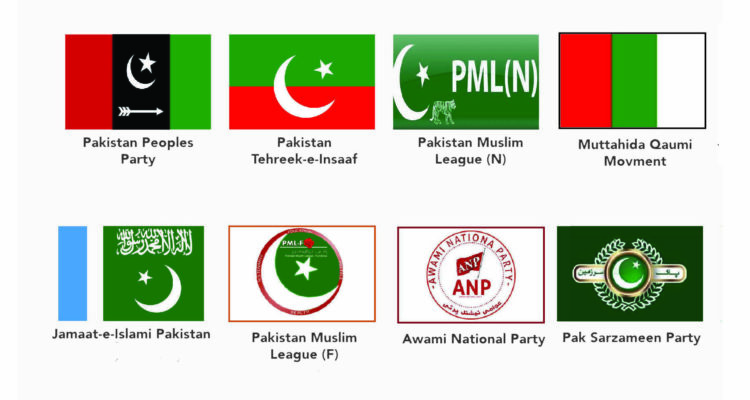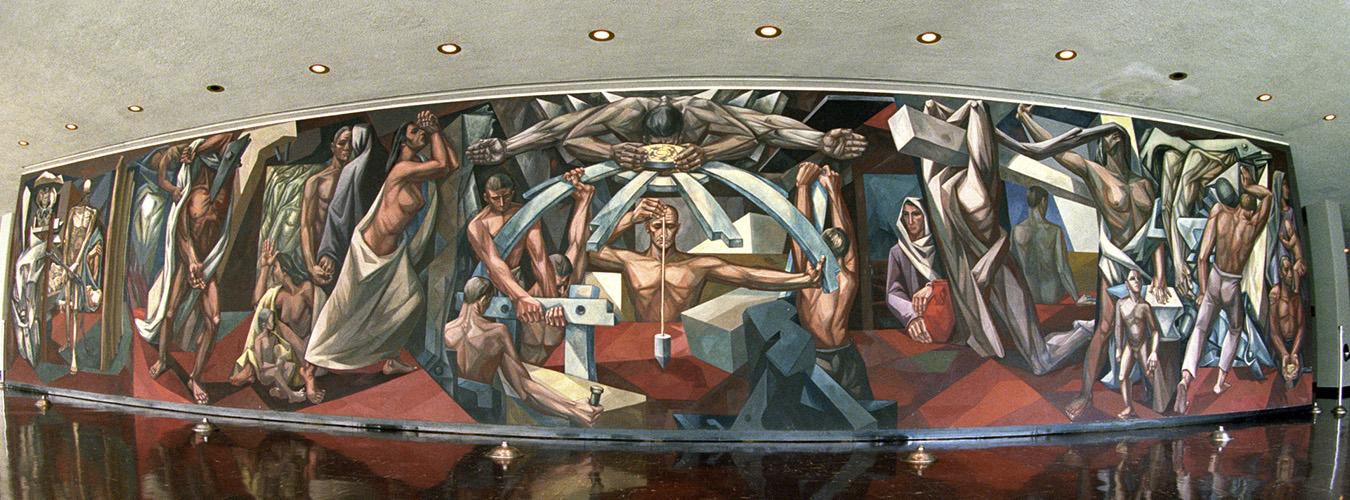Iftikhar Hussain Sheikh
The Pakistani political landscape has long been dominated by a peculiar phenomenon known as the “culture of electables.” These individuals, often powerful landlords, tribal leaders, or influential figures, wield considerable sway over their constituencies, enabling them to secure electoral victories regardless of their political affiliation. This dynamic has profoundly impacted the country’s political trajectory, undermining the role of political parties and hindering the implementation of their agendas.
Emergence and Influence of Electables:
The genesis of electables can be traced back to the 1985 non-party elections held during General Zia-ul-Haq’s martial rule. In a bid to prolong his authoritarian grip, Zia sought to empower local strongmen, allowing them to contest elections without formal party ties. This resulted in a surge of electables, primarily drawn from the ranks of landlords, tribal chiefs, and influential figures, who capitalized on their entrenched power bases to secure victories.
Over time, these electables became indispensable pillars of the political system, their influence extending far beyond their constituencies. They deftly manoeuvred between political parties, extracting favours and securing ministerial positions in exchange for their electoral support. This revolving door of party affiliations and the dominance of electives eroded the ideological foundations of political parties, transforming them into mere vehicles for power acquisition rather than platforms for implementing coherent policies.
Consequences of Electables’ Dominance:
The dominance of electables has had far-reaching consequences for Pakistani politics. Their primary allegiance to their personal and constituency interests has often clashed with the broader agendas of political parties, hindering effective governance and policy implementation. Moreover, their tendency to switch parties based on personal gain has fueled political instability, contributing to frequent changes in government and a revolving door of prime ministers.
This culture of electables has also stifled the growth of genuine political parties, preventing them from developing strong organizational structures and cultivating a loyal voter base. Instead, parties have become increasingly reliant on the electoral clout of electables, sacrificing their ideological coherence in exchange for short-term gains.
Emerging Trends and Future Prospects:
In recent years, however, there have been signs of a gradual shift in the political landscape, with political parties reclaiming some of their lost ground. This is partly attributable to rising urbanization and increasing political awareness among the youth, who are less susceptible to the influence of traditional powerbrokers.
The upcoming general elections will serve as a litmus test for this trend. Suppose political parties can successfully mobilize their supporters and defeat the electables in key constituencies. In that case, it will mark a significant step towards strengthening the party system and fostering a more ideologically driven political environment.
The Way Forward: A Shift Towards Party-Based Politics
Pakistan needs to foster a strong party-based political system to break free from the grip of electables and pave the way for a more stable and effective political system. This entails several critical steps:
- Strengthening Political Parties: Political parties must invest in building strong organizational structures, developing clear ideological platforms, and cultivating a loyal voter base. They must also prioritize internal democracy and transparency to attract and retain talented individuals.
- Political Education and Awareness: Political education and awareness campaigns should be launched to inform the public about the importance of party-based politics and the role of political parties in a democratic system. This can help reduce the influence of electables and encourage voters to support parties based on their ideologies.
- Electoral Reforms: Electoral reforms should be considered to level the playing field between political parties and electables. This could include measures such as reducing the influence of money in politics and strengthening campaign finance regulations.
- Empowering Grassroots Organizations: Encouraging and supporting the growth of grassroots organizations can provide a counterbalance to the influence of electables. These organizations can play a crucial role in mobilizing voters and advocating for the interests of their communities.
Transitioning from a system dominated by electables to a party-based political system is a complex and challenging task. However, it is essential for Pakistan’s long-term political stability and the implementation of effective governance. By strengthening political parties, raising political awareness, and pursuing meaningful electoral reforms, Pakistan can pave the way for a more democratic and representative political system.
The electables in Pakistani politics are a major obstacle to the development of democracy, the rule of law and people’s right to vote. Therefore, it is critical to defeat the electables for the supremacy of democracy and the rule of law.
Electables undermine the role of political parties and ideologies. They switch their loyalties according to their personal interests and benefits rather than adhering to any consistent principles or values. This weakens the institutionalization of political parties and reduces their accountability to the public. It also creates confusion and distrust among the voters, who need to learn what the candidates stand for or what they will do once elected.
Furthermore, electables rely on money, patronage and coercion to win elections. They use their wealth, influence and connections to manipulate the electoral process and the voters. They bribe, threaten, intimidate and harass the voters, the election staff and the opponents. They also exploit the social and economic vulnerabilities of the voters, such as caste, ethnicity, religion, poverty and illiteracy. They offer them short-term benefits, such as cash, jobs, favours and protection, in exchange for their votes. They do not care about the long-term welfare of the people or the country.
Then, electables hinder the development of a viable political system and culture. They perpetuate the feudal, tribal and dynastic structures that dominate the rural areas of Pakistan. They resist any reforms or changes that would challenge their power and privilege. They obstruct the implementation of the rule of law, the protection of human rights, the provision of public services and the promotion of social justice. They also foster a culture of corruption, nepotism, violence and intolerance in the society.
Therefore, it is essential to defeat the electables in Pakistani politics for the sake of democracy, the rule of law and people’s right to vote. This would require a collective effort from the civil society, the media, the judiciary, the election commission and the political parties. They should work together to raise awareness, educate and mobilize the voters, expose and challenge the electables, ensure free and fair elections, and hold the elected representatives accountable. Only then can Pakistan achieve a genuine and sustainable democracy.
















































